Zest Up Your Life: 7 Unexpected Uses of Lemon Peel Powder You’ll Wish You Knew Sooner!
Lemon peel powder isn’t just for garnishing fancy cocktails anymore. This humble spice—often overlooked in your pantry—is a powerhouse of flavor, fragrance, and function. Whether you're a seasoned chef or a curious kitchen newbie, get ready to zest up your life with these quirky, clever, and surprisingly practical uses for lemon peel powder.
Table of Contents
- What is Lemon Peel Powder?
- Top 7 Uses of Lemon Peel Powder
- How to Make Lemon Peel Powder at Home
- Storage Tips & Shelf Life
- Buying Guide: What to Look For
- The Scientific Side: Why It Works
- Conclusion
What Is Lemon Peel Powder Anyway?
You might be wondering: is lemon peel powder just grated lemon rind turned into dust? Yes… but also no. Unlike the zest you scrape off a fresh lemon, lemon peel powder is typically made from dried citrus peels that are ground into a fine, aromatic powder. It retains all the essential oils, natural sugars, and tangy essence of fresh lemons—but in a concentrated, shelf-stable form.
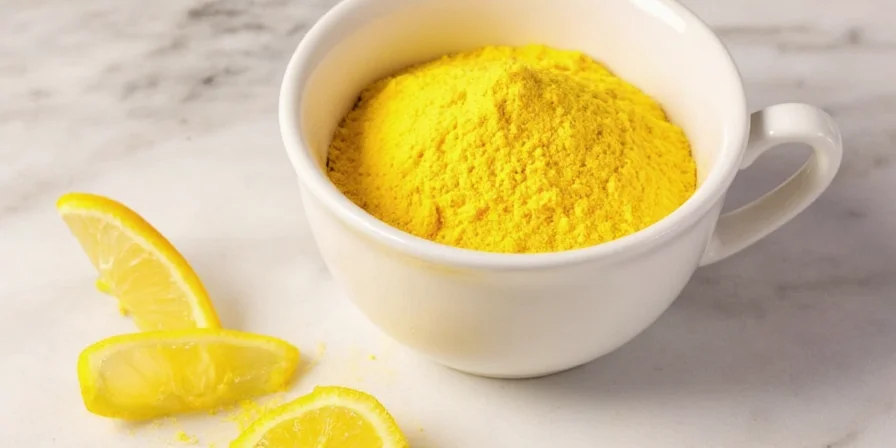
This versatile ingredient has been used for centuries in Mediterranean, Indian, and Middle Eastern cuisines. From enhancing savory dishes to adding brightness to desserts, it’s the unsung hero of spice racks worldwide.
Top 7 Zesty Uses of Lemon Peel Powder (Beyond Lemonade)
- 1. Boost Baked Goods with Citrus Kick: Add a teaspoon to cake batters, muffins, or cookies for a subtle lemon aroma without extra moisture.
- 2. Elevate Marinades and Sauces: Mix into BBQ sauces, salad dressings, or meat marinades to add depth and balance out fatty flavors.
- 3. Freshen Up Laundry Naturally: Add a tablespoon to your laundry detergent for a fresh, chemical-free scent boost.
- 4. Deodorize Smelly Shoes: Sprinkle a bit inside shoes overnight to neutralize odors naturally—no gym sock apocalypse necessary.
- 5. DIY All-Purpose Cleaner: Combine with baking soda and water for a zesty, eco-friendly cleaning paste perfect for sinks and stovetops.
- 6. Flavor Salty Snacks: Toss with popcorn, roasted nuts, or potato chips for a tangy twist that keeps taste buds guessing.
- 7. Infuse Tea or Hot Beverages: Stir a pinch into hot water with honey or mix into herbal tea blends for a refreshing citrus lift.
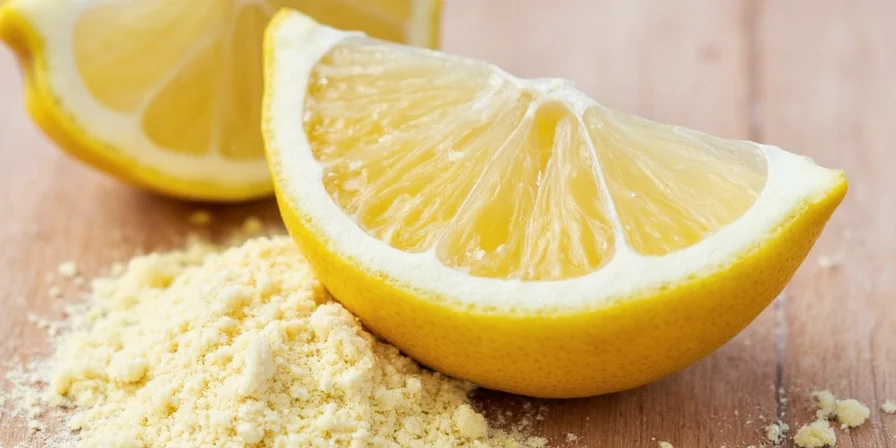
How to Make Lemon Peel Powder at Home (Spoiler: It’s Easier Than Making Coffee)
If you’ve got lemons, a dehydrator (or an oven), and a blender—you’re already halfway there! Here's how to make your own:
- Wash Lemons Thoroughly: No pesticides allowed! Use organic lemons if possible.
- Zest or Slice Thinly: Use a microplane to remove only the colored part (the zest), not the white pith beneath.
- Dehydrate: Spread on a baking sheet or dehydrator tray. Dry at 150°F (65°C) until completely brittle—about 2–3 hours in the oven, longer in a dehydrator.
- Grind into Powder: Pulse in a high-speed blender or spice grinder until you get a fine powder.
- Store: Keep in an airtight container away from light and moisture.
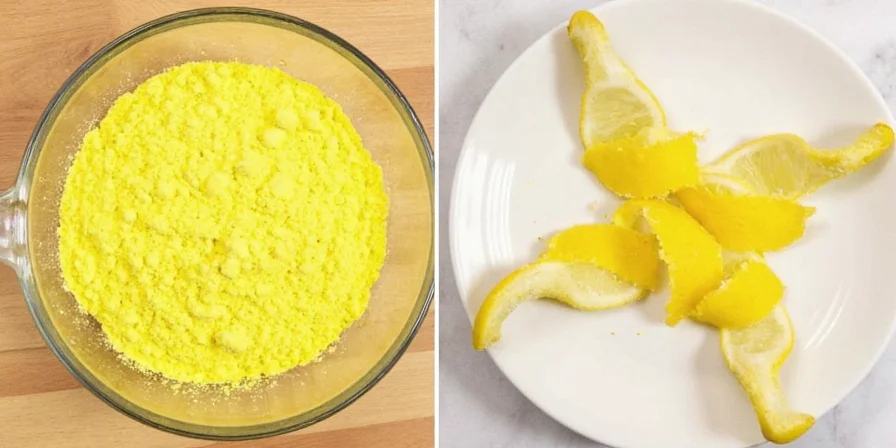
Storage Tips: Keep the Zest Alive
Lemon peel powder may not spoil like fresh fruit, but its flavor can fade if stored improperly. Here’s how to keep it tasting fresh:
- Air-Tight Container: Store in a glass jar with a tight lid—like a spice jar or mason jar.
- Cool & Dark Place: Keep away from heat sources and direct sunlight to preserve volatile oils.
- Vacuum Seal: If you’re making large batches, vacuum-sealing helps extend shelf life.
| Storage Method | Shelf Life | Flavor Retention |
|---|---|---|
| Open Bowl | 1–2 Weeks | Low |
| Airtight Jar | 6–12 Months | Moderate |
| Vacuum-Sealed | 12–24 Months | High |
Buying Guide: What to Look For When Buying Lemon Peel Powder
If DIY isn't your jam, here’s what to look for when buying store-bought lemon peel powder:
- Ingredients List: Should only list “dried lemon peel” or similar—no preservatives or additives.
- Color: Bright yellow to light brown; avoid overly dark or dull powders which indicate age or poor processing.
- Packaging: Airtight and opaque packaging is ideal for preserving freshness.
- Brand Reputation: Stick to reputable brands or specialty spice shops if quality matters (and let’s face it—it does).
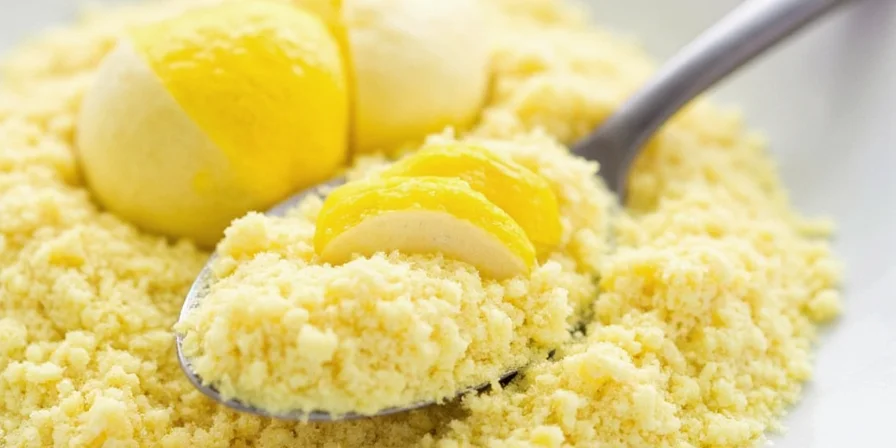
The Science Behind the Zest: Why Lemon Peel Powder Works So Well
Ever wondered why a pinch of lemon peel powder can turn a dish from “meh” to “marvelous”? It’s all about the chemistry!
- Essential Oils: The zest contains limonene, citral, and other aromatic compounds responsible for that signature lemon scent and flavor.
- Bitterness Control: Contains low levels of bitterness compared to whole citrus peels, making it more palatable in larger quantities.
- Hygroscopic Nature: Absorbs moisture from the air, which is why storage is so important to maintain texture and potency.
Conclusion: Zest is Best
In the world of spices, lemon peel powder may not steal headlines like saffron or turmeric—but don’t let that fool you. It’s a flavor booster, a cleaning hack, and a wellness trick all wrapped in one tiny, zesty package.
Whether you're seasoning grilled fish, deodorizing your fridge, or giving your baked goods a secret kick, lemon peel powder deserves a spot in your kitchen arsenal. So next time life gives you lemons—or their powdered cousin—make sure you’re ready to zest up every bite, smell, and moment.
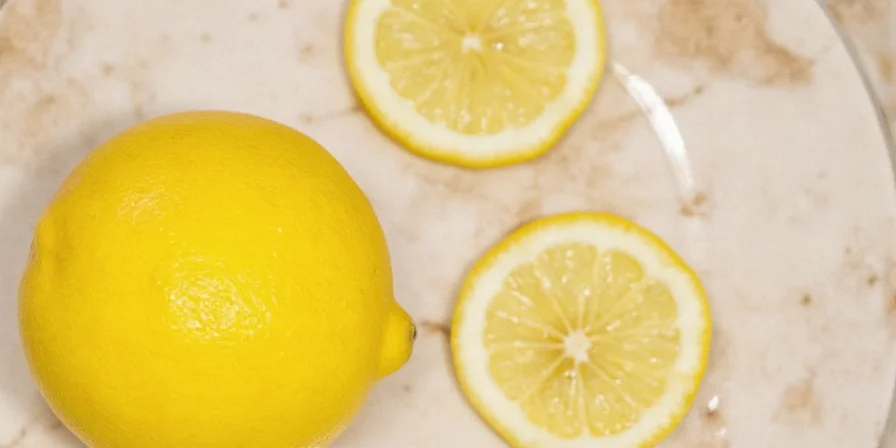

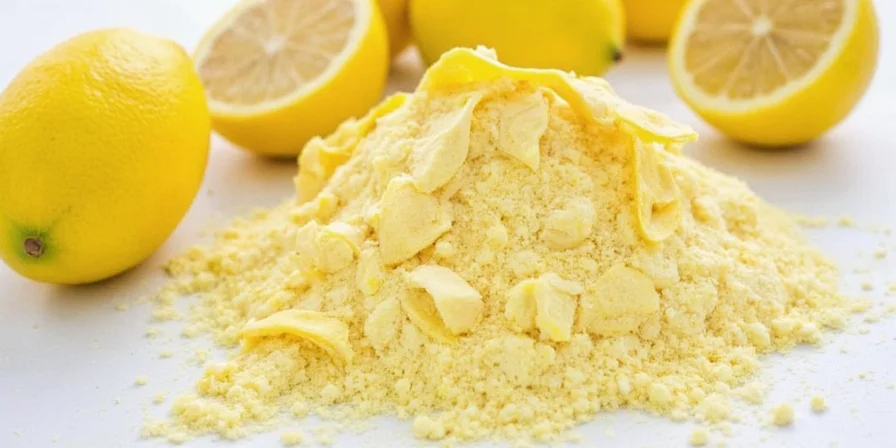









 浙公网安备
33010002000092号
浙公网安备
33010002000092号 浙B2-20120091-4
浙B2-20120091-4